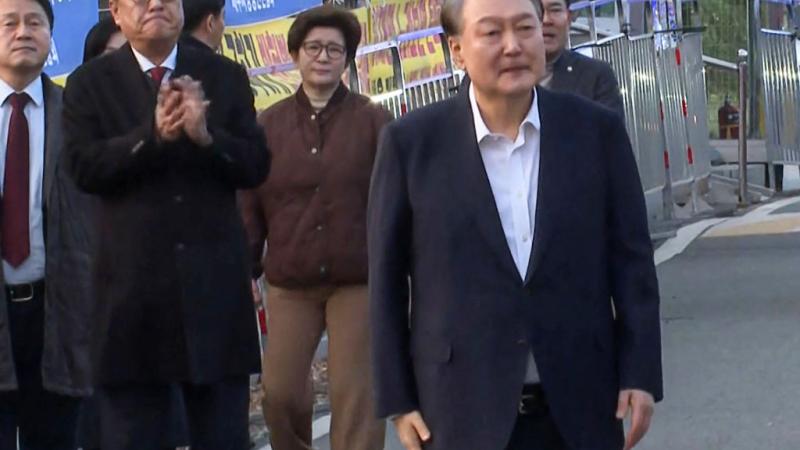Spooked by Russia's faltering Ukraine war, China holding back on Taiwan attack: intel officials
Up until a few months ago, the prevailing wisdom was that China would launch an assault following Beijing's 2022 Winter Olympics.
In a pivot from previous predictions that communist China could soon attack Taiwan, U.S. intelligence officials now say they believe Beijing will place potential invasion plans on indefinite hold while keeping an eye on world events.
The about-face was evident this week on Capitol Hill, when top intelligence directors said Beijing will pause its plans while watching Russia's progress in the war against Ukraine.
"Thus far, the [Intelligence Community] does not assess that the Russia-Ukraine crisis is likely to accelerate [China's] plan vis-a-vis Taiwan," said Director of National Intelligence Avril Haines in testimony Tuesday to the Senate Armed Service Committee.
Haines and Defense Intelligence Agency chief Lt. Gen. Scott Berrier sat before lawmakers who are clearly concerned about Chinese posturing and military advancements.
"The Chinese threat is beyond anything we ever dealt with before," Sen Jim Inhofe (R-Okla.) said in his opening statement. Noting the rise in China's military capabilities, he added: "This year, Beijing announced a 7.1 percent defense budget increase."
Up until a few months ago, the prevailing wisdom was that China would launch an assault following Beijing's 2022 Winter Olympics. The predictions were pegged to Russia's designs on Ukraine.
"My prediction is that you're going to see Russia invading Ukraine in the next month," Rep. Michael McCaul (R-Texas) said in January. "And I think after the Olympics ... China's gotten so provocative, so aggressive in the South China Sea that you will begin to see CCP, Communist Party, invade Taiwan."
Former President Donald Trump earlier this year agreed.
"China is gonna be next," Trump said in late February. "They're waiting 'til after the Olympics. Now the Olympics ended, and look at your stopwatch, right? No, he wants that just like ... It's almost like twin sisters right here."
The "twin sisters" did not behave as expected, with only one (Russia) fulfilling the forecast. China, by contrast, went into a holding pattern.
Beijing was "surprised by the degree to which the United States and Europe came together to enact sanctions, and that is something they obviously will be looking at in the context of Taiwan," Haines told senators this week. One serious issue "is the confidence they have that they are able to take action in Taiwan over our intervention," she said.
Berrier affirmed that he saw no signs of impending attack on Taiwan.
"On a day-to-day basis, I don't see anything that would indicate [China] is trying to take advantage" of a distracted West, he said.
China will notice that Russia's war has suffered from not having a Western-style, professional noncommissioned officer corps, Berrier said. The NCO corps is widely viewed as the backbone of the American military, enabling small units to fight efficiently. Like Russia, China also does not have an NCO corps — a dynamic that has caused Russian generals to go to the front lines to enforce discipline on their troops.
Watching how events have unfolded in Ukraine may give China "less confidence, in some respects, over what is likely to happen" if it invades Taiwan, Haines said.
The U.S. intelligence community views 2027 as the year when China could successfully invade Taiwan, Haines and Berrier said.
Pentagon spokesman John Kirby clarified the Defense Department's views on the subject this month. Beijing intends to "have the capability by 2027, not the intent to do it by 2027," Kirby told reporters at the Pentagon on May 5. "That's an important distinction."
















